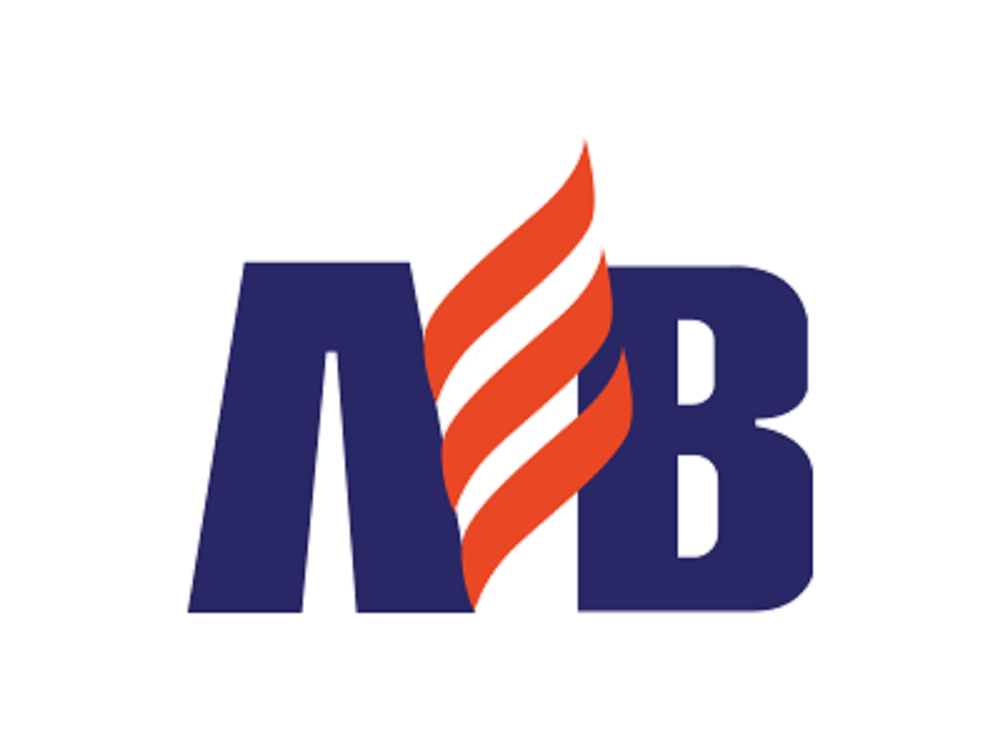What does a scammer of international logistics look like?
Alan Fan
Last Update vor 2 Jahren
A scammer involved in international logistics can take on various forms and tactics. While it's impossible to describe every possible scenario, here are some common characteristics and red flags to watch out for when dealing with a potential scammer in the context of international logistics:
- Unsolicited communication
- Poor communication skills
- Unrealistic promises
- Fake documentation
- Untraceable or suspicious contact information
- Pressure tactics and urgency
- Lack of online presence or negative reviews
1. Unsolicited communication
Scammers often initiate contact without any prior interaction or relationship. They may send you emails, messages, or make phone calls out of the blue, claiming to be representatives of legitimate logistics companies.
2. Poor communication skills
Scammers may have grammatical errors, spelling mistakes, or awkward language usage in their messages. This could indicate that they are not professional or associated with a legitimate organization.
3. Unrealistic promises
Scammers often make unrealistic promises, such as extremely low shipping costs, expedited delivery times, or guaranteed customs clearance without delays. If an offer seems too good to be true, it's likely a scam.
4. Fake documentation
Scammers may provide counterfeit shipping documents, invoices, or tracking numbers to create an illusion of legitimacy. Always verify the authenticity of any documents provided and cross-check them with the actual logistics company.
5. Untraceable or suspicious contact information
Scammers may use free email accounts (e.g., Gmail, Yahoo) rather than official email addresses associated with reputable logistics companies. They may also provide mobile numbers instead of office landline numbers. Such practices can indicate an attempt to evade traceability.
6. Pressure tactics and urgency
Scammers often create a sense of urgency and pressure you into making quick decisions. They may claim that a shipment is at risk or that immediate action is required to avoid penalties or fines. Legitimate logistics providers maintain professional communication and won't rush you into making hasty decisions.
7. Lack of online presence or negative reviews
Before engaging with a logistics provider, search for their online presence, website, and customer reviews. Scammers may have limited or nonexistent online presence, or if they do, you might find negative reviews or warnings from other people who have been scammed.
